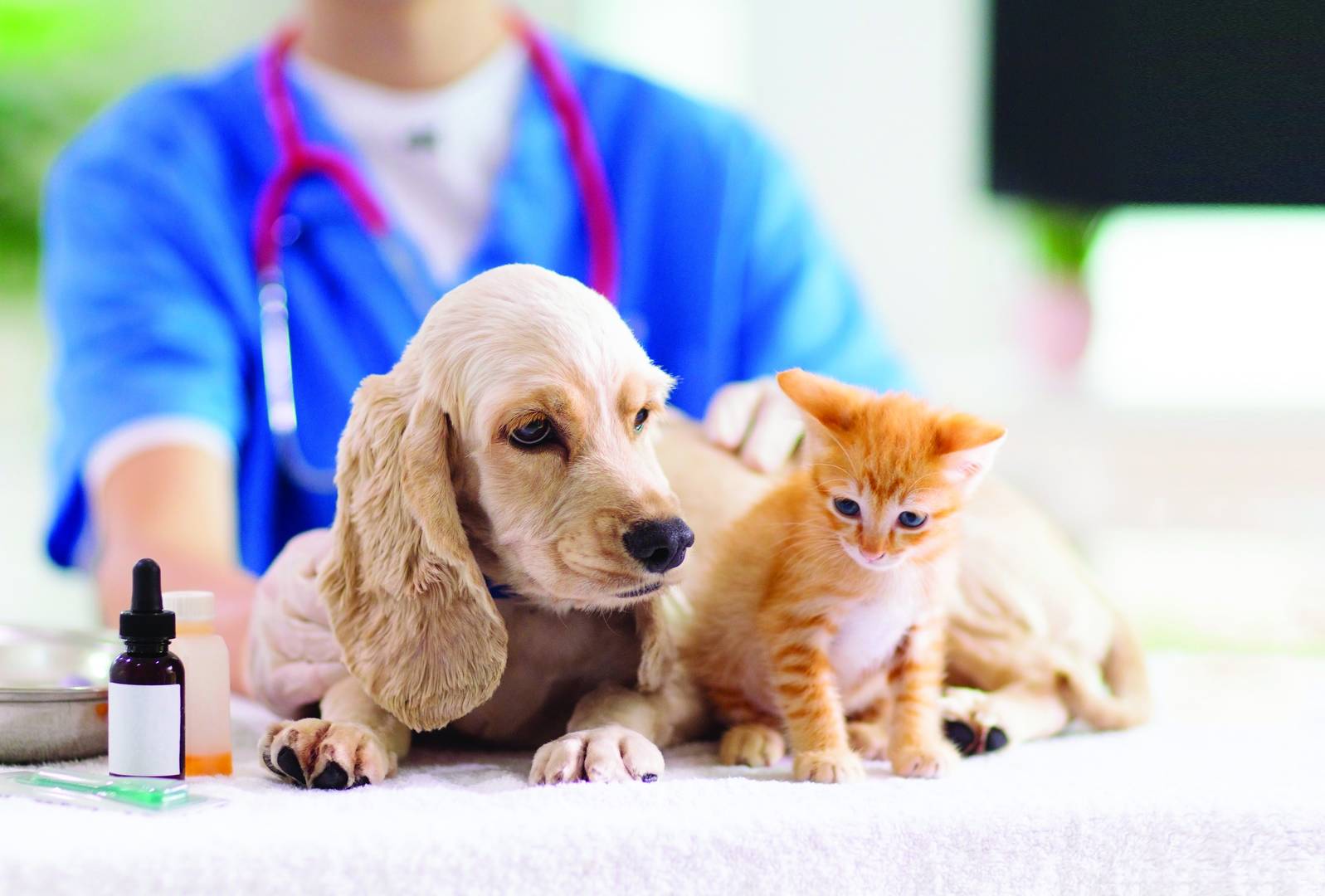Animal Check-Up Frequency: How Often Should You Take Your Pet to the Vet?
As pet owners, we want to ensure the health and well-being of our furry companions. One essential aspect of pet care is regular check-ups with a veterinarian. But how often should you take your pet to the vet? In this article, we will explore the factors influencing check-up frequency and provide general recommendations to help you keep your pet healthy.
1. Introduction
Pets, just like humans, require routine medical care to detect and prevent potential health issues. Regular check-ups play a vital role in maintaining their overall well-being. These visits allow veterinarians to assess their health, administer necessary vaccinations, conduct preventive treatments, and identify any underlying conditions early on.
2. Importance of Regular Animal Check-Ups (Animal check-up frequency)
Regular animal check-ups are crucial for several reasons. Firstly, they help in early disease detection. Many illnesses and conditions can be detected in their early stages through physical examinations and diagnostic tests, allowing for timely intervention. Secondly, preventive care measures such as vaccinations and parasite control are implemented during these visits, safeguarding your pet’s health. Lastly, check-ups provide an opportunity to discuss your pet’s specific needs, behavior, and lifestyle with a veterinarian, who can offer tailored advice and recommendations.
3. Factors Influencing Check-Up Frequency (Animal check-up frequency)
Several factors influence how often you should take your pet to the vet. These factors include age and life stage, breed and size, pre-existing conditions, and lifestyle and environment.
3.1 Age and Life Stage
Young animals, such as puppies and kittens, require more frequent check-ups as they go through rapid growth and development. They often need vaccinations and deworming treatments at specific intervals. Adult animals generally require annual check-ups to ensure their ongoing health. Senior pets, on the other hand, may benefit from more frequent visits due to age-related conditions.
3.2 Breed and Size
Different breeds and sizes may have varying health concerns and predispositions. Some breeds are prone to specific conditions or diseases, requiring more frequent monitoring. Additionally, large-breed dogs may have different nutritional and orthopedic needs that can be addressed during regular check-ups.
3.3 Pre-existing Conditions
If your pet has a pre-existing condition, such as diabetes or arthritis, they may require more frequent check-ups to manage their condition effectively. These visits allow the veterinarian to monitor the progress, adjust treatments if necessary, and provide necessary guidance.
3.4 Lifestyle and Environment
The lifestyle and environment in which your pet lives can influence their check-up frequency. Outdoor cats or dogs that frequently interact with other animals may need more regular visits to prevent and treat parasites, while indoor pets might have different needs.
4. General Recommendations for Check-Ups (Animal check-up frequency)
While the specific frequency of check-ups can vary, here are some general recommendations based on life stages:
4.1 Puppies and Kittens
During their first year, puppies and kittens should visit the veterinarian every 3-4 weeks until they are around 16 weeks old. These visits typically include vaccinations, deworming, and discussions about nutrition, behavior, and training. After the initial series of vaccinations, regular check-ups every 3-6 months are recommended until they reach adulthood.
4.2 Adult Animals
Adult animals, typically between 1 to 7 years old, should visit the vet at least once a year for comprehensive check-ups. These visits focus on preventive care, including vaccinations, parasite control, dental examinations, and blood work. It’s also an opportunity to discuss any concerns or changes in behavior.
4.3 Senior Pets
As pets enter their senior years, around 7 years and older, more frequent check-ups become essential. Visiting the veterinarian every 6 months allows for close monitoring of age-related conditions, early disease detection, and adjustments to their healthcare plans.
5. Signs and Symptoms that Require Immediate Veterinary Attention
While regular check-ups are important, it’s equally crucial to recognize signs and symptoms that warrant immediate veterinary attention. If your pet experiences severe vomiting, diarrhea, sudden changes in appetite or behavior, difficulty breathing, persistent coughing, seizures, or any other alarming symptoms, it’s vital to consult a veterinarian promptly. Early intervention can save lives and prevent further complications.
6. Establishing a Relationship with a Veterinarian
Choosing the right veterinarian is crucial for your pet’s health. Take the time to research local veterinary clinics, read reviews, and seek recommendations from other pet owners. Building a relationship with a trusted veterinarian ensures that your pet receives consistent and personalized care.
7. Tips for Preparing for a Veterinary Visit
Preparing for a veterinary visit can help make the experience smoother for both you and your pet. Remember to bring any medical records or documents, list down any questions or concerns you have, and if necessary, bring along a familiar toy or blanket to help comfort your pet during the visit.
8. Common Concerns and FAQs about Animal Check-Ups
Here are some common concerns and frequently asked questions about animal check-ups:
- How much do veterinary check-ups typically cost?
- Are vaccinations necessary for indoor pets?
- Can I administer basic medical care at home?
- What if my pet is anxious or fearful during vet visits?
- Are there any alternatives to traditional veterinary medicine?
9. Conclusion
Regular animal check-ups are an essential part of responsible pet ownership. By ensuring the health and well-being of your beloved companion through routine check-ups, you can detect and address potential health issues early on, providing them with the best possible care.
10. FAQs
Q1: How often should I take my pet to the vet for a check-up?
The frequency of check-ups depends on factors such as age, life stage, breed, and existing conditions. Generally, puppies and kittens need more frequent visits, while adult animals benefit from annual check-ups. Senior pets may require visits every 6 months.
Q2: What if my pet appears healthy? Do they still need check-ups?
Even if your pet seems healthy, regular check-ups are important for preventive care, vaccinations, and to detect any underlying conditions that may not be immediately evident.
Q3: Can I skip vaccinations if my pet stays indoors?
While indoor pets have a lower risk of exposure to certain diseases, vaccinations are still crucial as they provide protection and help prevent the spread of contagious diseases in case your pet accidentally comes into contact with infected animals or environments.
Q4: What should I expect during a veterinary check-up?
During a check-up, the veterinarian will conduct a physical examination, administer vaccinations if needed, check for signs of illness, discuss nutrition and behavior, and address any concerns or questions you may have.
Q5: Is pet insurance necessary for regular check-ups?
Pet insurance can help offset the costs of veterinary care, including regular check-ups, unexpected illnesses, and emergencies. It provides peace of mind and allows you to focus on your pet’s well-being without financial worries.
Remember, consult your veterinarian for personalized advice regarding the specific needs of your pet.
Read More:Dogs’ Understanding of Vets: Do They Know?




















